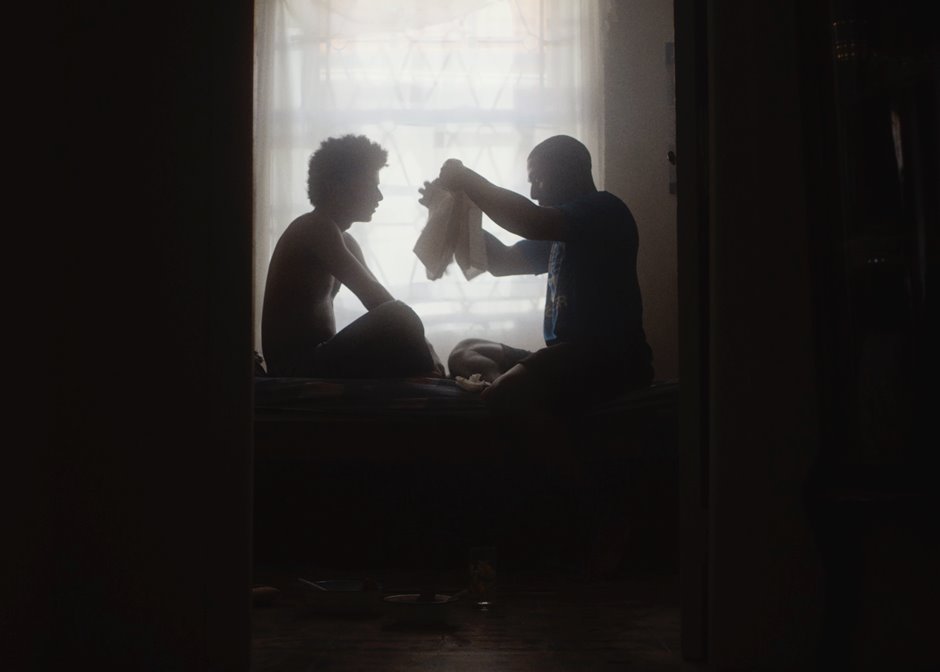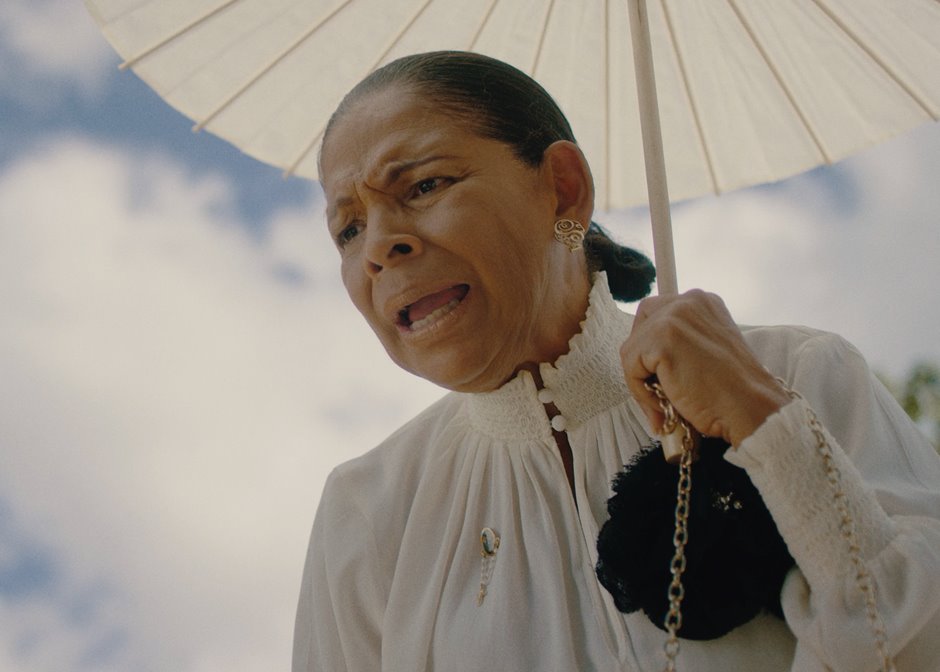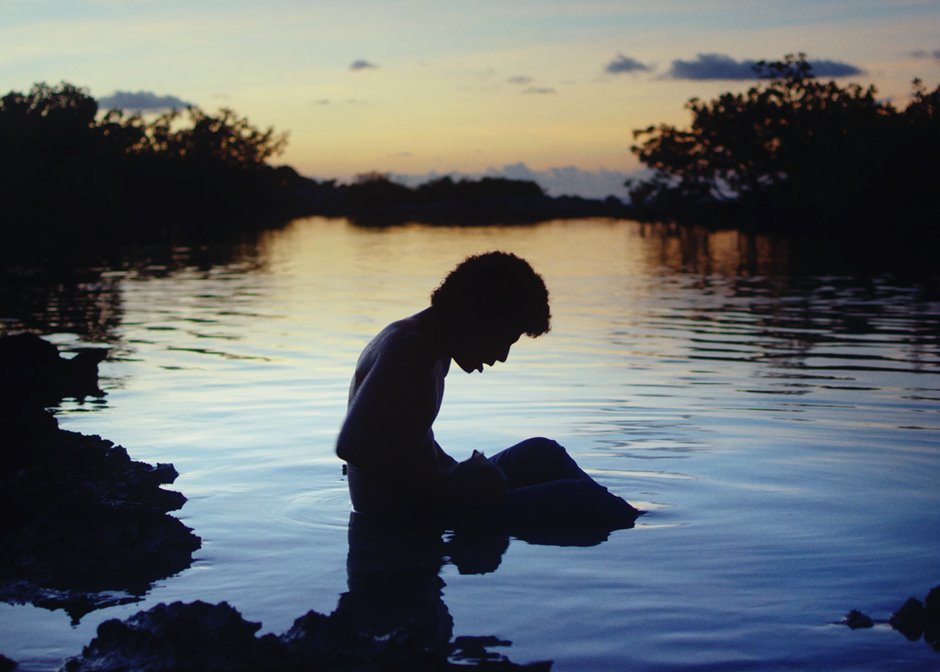Constantly searching for a home that you never have. That’s how Kevin Osepa describes the core theme of his work. The latest film (Watamula) of this HKU Photography alumnus recently received three nominations at the Netherlands Film Festival. Kevin hopes that his work will lead to an open conversation, because we are certainly not lacking any blind spots. ‘We should embrace the fact that we desire change’.
Interview with Kevin Osepa
'Those colours are not what it's about for me'
When you think his use of colours is essential to the work of Kevin Osepa (Curaçao, 1994), you are missing something. ‘On Curaçao, those are simply the colours that are there, but that’s not what it’s about for me. Nevertheless, it is interesting that people mainly focus on that, because it says something about their perspective. I understand that the colours in my work, and that many colours together, are rare in the Netherlands. But, as again with my latest film Watamula, it’s mainly about other subjects: masculinity within the Antillean context; paradise as paradox; endlessly looking for the feeling of being at home.

Kevins way of thinking comes from Curaçao, where he lives about two or three months per year. ‘The “missing” is something that I need. It’s good that I live in the Netherlands, because every time I return to the place where I was born, I can look at it from a different angle. At first, I had a romantic viewpoint: I saw a beautiful place; one that felt like home. But after living in the Netherlands for eight years, I can also see the flaws of Curaçao. I don’t belong here, and neither there. I have accepted that now; it’s part of who I am. And because my personality is part of a collective identity, I think it’s important to dedicate my work to it.’

‘By now I think that “humour” refers to a kind of ignorance’
During his years at HKU, lecturers mentioned that his works contained ‘humour’ and ‘spirituality’. Kevin never really understood this. Did he feel the need to further explain the essence and erase these ‘blind spots’? Kevin: There was, but I never dared. They are your teachers, after all. Back then I was a bit shy, and wasn’t sure what to think of their qualifications. Maybe they meant “humour” as a huge compliment. Eventually I began to understand, and now I think that “humour” adds a touch of primitivism or refers to a kind of ignorance. Although even then I was already talking about afro-spiritualism. What I hope that viewers take away from Watamula? I am very curious what they see in it. I use a lot of code language and symbols, which leaves lots of room for interpretation. The story has a clear arc from beginning to end, yet at some points you might wonder: ‘what’s happening here?’ Those are the moments that can spark interesting conversations about my themes.’
In his own classes to first-year HKU students, Kevin also tries to reveal the blind spots; to offer a broader perspective. ‘I recognise myself in the first-year students. The assignments I give them, are the same ones that I got. That’s why I can strongly relate to it. Still, it remains difficult to find a connection, because I can really sense I’m in a different phase than they are. That’s why I have to feed them a lot. When students are busy with their personal grounding, I give them as many references as possible. Inspirations from South America or Nigeria, for example. In this way, I make them conscious of the position that they take with their work versus what is happening around them. We are currently in a time where there is a great desire for a deeper meaning. Among students as well. We should embrace the fact that we want change. That won’t come about in just a few years, but I’m happy that we are discussing it.’

Original Dutch interview: Edwin Verhoeven Images: Kevin Osepa